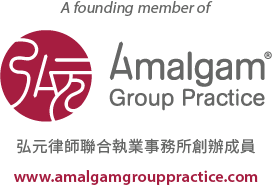Background
- Since Russia’s military conflicts with Ukraine in February 2022, the West and its allies have slapped multiple sanctions on Russia, inclusive of an array of entities and individuals linked to the Kremlin. According to Castellum.ai, a global sanctions-tracking database, as of 25 April 2022, Russia is subject to a total of 9,915 sanctions designations, becoming the most-sanctioned country in the world.
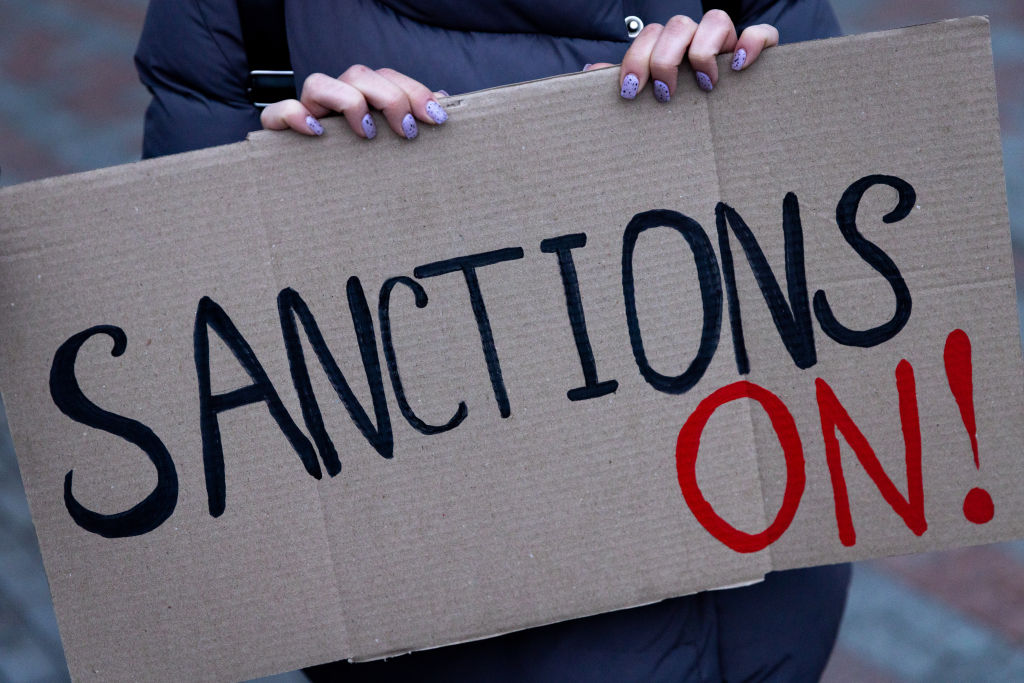
- The sanctions as well as international political pressure have caused numerous businesses to leave Russia. Statistics compiled by Yale University shows that as of 25 April 2022, over 750 companies have publicly announced that they are voluntarily curtailing operations in Russia to various degrees.
- In the context of legal industry, of 31 out of 100 largest law firms in the world having offices in Russia, 27 of them have decided to leave or suspend their operations in Russia.
- The exodus of business and professional firms, however, does not dent the demand for legal and professional firms from Russian businesses. This presents an opportunity for players from neutral or friendly jurisdictions, such as China. Currently, there are 3 major PRC law firms (out of 44 largest law firms in China in terms of revenue) with offices in Russia1.
- At this juncture, it is interesting to note that Russia and China are increasingly relying on each other in terms of trade. China’s overall trade, exports and imports combined, with Russia has notably increased in 2021, as compiled by Reuters.
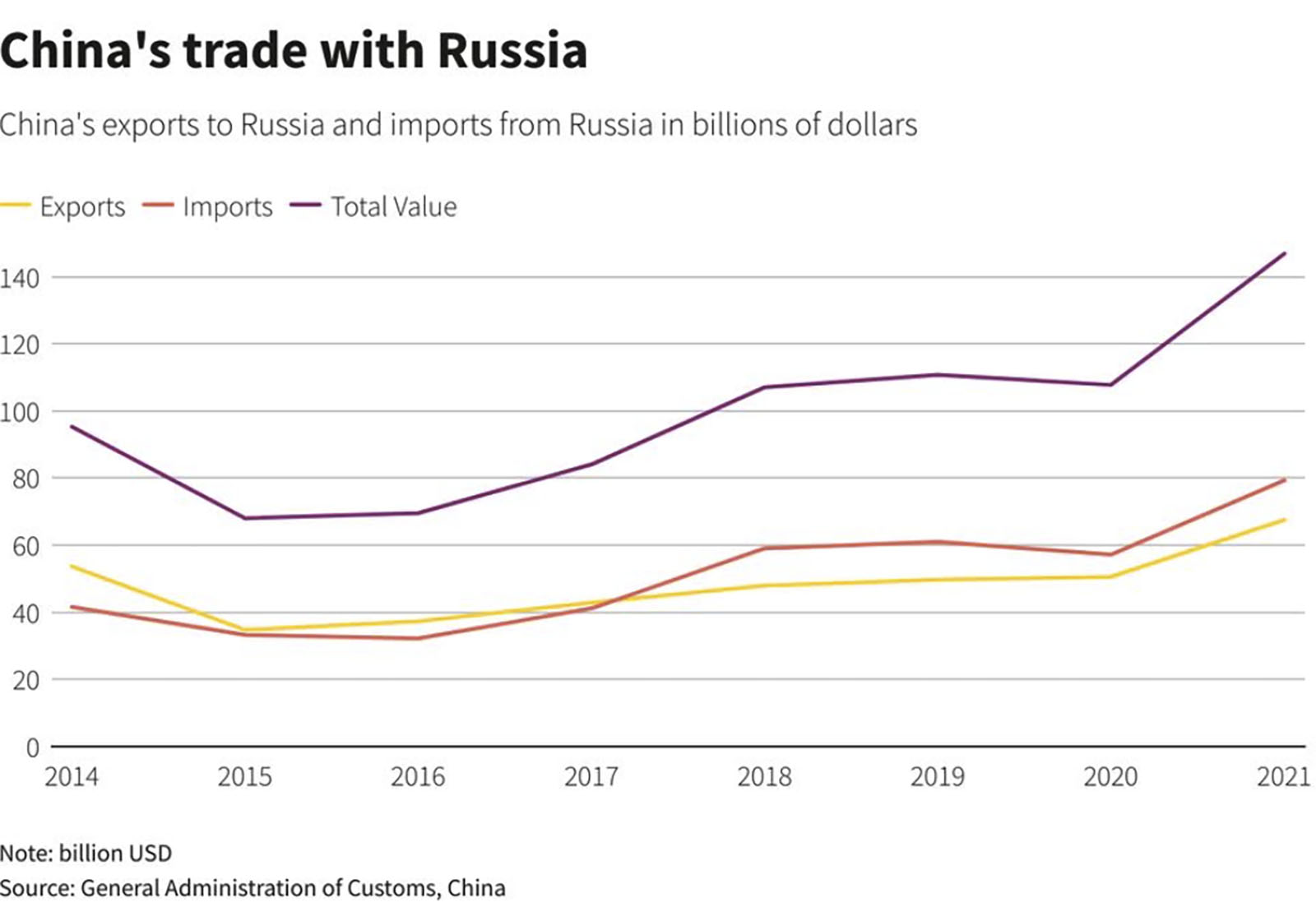
Commercial Dispute Resolution in Sino-Russian Transactions
- The increasing growth in trade between Russia and China will inevitably lead to a corresponding increase in the number of cross-border commercial disputes between parties in the private sector from both sides. Traditionally, English law and LCIA have been the usual suspects in cross-border contracts concluded between Russian corporations and their non-English counterparts. Naturally, the Sino-Russian parties should opt for a governing law and forum for dispute resolution from an alternate, neutral jurisdiction (lest the risk of giving unfair home field advantage to either side) on par with English law and LCIA (which are fading out following the Western sanctions).
Litigation?
- If the parties opted for litigation by either Russian or Chinese courts, leaving aside the risk of unfair home advantage to either party, enforceability of the eventual judgment remains a live issue.
- On 4 November 1993, China and Russia entered into a “Treaty between the People’s Republic of China and the Russian Federation on Civil and Criminal Judicial Assistance” (《中华人民共和国和俄罗斯联邦关于民事和刑事司法协助的条约》) (in Russian: Договор между Российской Федерацией и Китайской Народной Республикой о правовой помощи по гражданским и уголовным делам) (“Treaty”). The Treaty allows for recognition and enforcement of judgments between the two jurisdictions upon satisfaction of certain requirements, such as (1) the judgment is effective and enforceable, (2) the parties are given proper notices of court proceedings, and (3) it would not be contrary to public policy to enforce a judgment, etc.
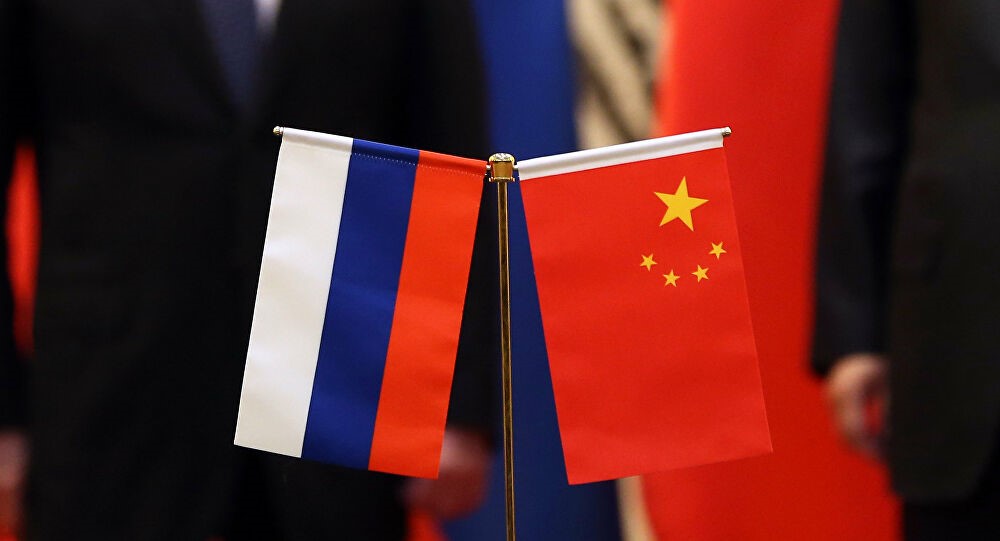
- Despite the fact that the Treaty has come into force as early as in 1993, it is reported that the mutual enforcement of judgments in China and Russia is still difficult. According to the website “China Judgements Online” (中国裁判文书网), up to now, there seems to be only one successful application of recognition and enforcement of Russian judgment in China. A Russian law firm pointed out that most of the recognition and enforcement applications failed on the ground that the parties were not given proper notices of court proceedings.
- For completeness, one should also note that the Hague Convention on the Recognition and Enforcement of Foreign Judgments in Civil or Commercial Matters, which came about in July 2019 and has yet to take root, has only 6 contracting parties (including Russia), 2 of them are now Russia’s rivals, namely Ukraine and the US. China has not signed the Convention. It is expected that the Convention will not be effective between Russia and China in the near future.
- Therefore, even if the parties had chosen the Russian or Chinese court, enforceability of any resultant judgment would likely not be easy.
Arbitration
- Pursuant to Article 21 of the Treaty, mutual recognition and enforcement of arbitral awards in Russia and China shall refer to the New York Convention to which Russia and China are both signatories.
- According to a study on the application of the New York Convention in Russia from 2008 to 2017 conducted by the Russian Arbitration Association (“RAA”), Russian courts are arbitration friendly. In various years under the review, 80% to 97% of all applications to recognise and enforce foreign arbitral awards were approved by Russian courts. Further, a search on China Judgements Online website reveals that the Chinese courts are constantly recognising and enforcing foreign arbitral awards (including those rendered by Russian arbitration institutions) in accordance with the New York Convention.
- The above studies, which are promising, together with other key advantages which court proceedings do not possess (including flexibility and confidentiality), have made arbitration a preferred method for resolving international business disputes for Sino-Russian parties.
- As parties to a cross-border dispute typically opt for a forum from a neutral jurisdiction for dispute resolution in a Sino-Russian transaction, one would expect the Russian party to not choose a PRC-seated arbitration (such as one administered by CIETAC2), and vice versa.
- By deletion, that brings the parties to only two choices, as below:
- Russia-seated arbitrations administered by a neutral, foreign permanent arbitration institution (“PDAU”) (in Russian: постоянно действующего арбитражного учреждения (ПДАУ3)), if the Chinese party is comfortable with the Russian seat; or
- An arbitration seated in a neutral jurisdiction administered by a world’s top arbitration institution.
- As to the former, to date, there are 4 foreign PDAUs (out of 11), namely ICC (France), SIAC (Singapore), VIAC (Austria) and HKIAC (Hong Kong). One would be quick to rule out ICC4, SIAC5 and VIAC6 given the geopolitical situation now. In other words, Hong Kong’s HKIAC is the only one standing on this list.
- With respect to the latter, as a background, it is evident that Russian parties have for some years been detaching from traditional European arbitration institutions and leaning toward Asia. An arbitration market survey conducted by RAA in 2013 revealed that the Russia-related international arbitrations market was dominated by four arbitration centres – ICC (France), SCC (Sweden)7, LCIA (UK)8 and ICAC (Russia). However, since 2016 post Russia’s annexation of Crimea, more Russian companies have started to consider various alternatives to traditional European arbitration centres, for instance Asian arbitration centres. This probably reflects a general desire on the part of the Russian parties to avoid selecting an arbitration institution which has a legal nexus (e.g. arbitration institution’s location, the currency for payments, management team, ) to a state that imposes or may potentially impose sanctions against Russia in the future.
Why Hong Kong Arbitration
- Hong Kong is the third most preferred seat in the world and home to a number of the world’s top arbitral institutions (e.g. HKIAC, CIETAC HK9 and Hong Kong Secretariat of the ICC International Court of Arbitration10), first-rate arbitrators, and foremost arbitration practitioners. Parties to a dispute are free to access these resources without restriction. Further, Hong Kong is also ideal for disputes involving Chinese entities given its geographic and economic proximity to China.
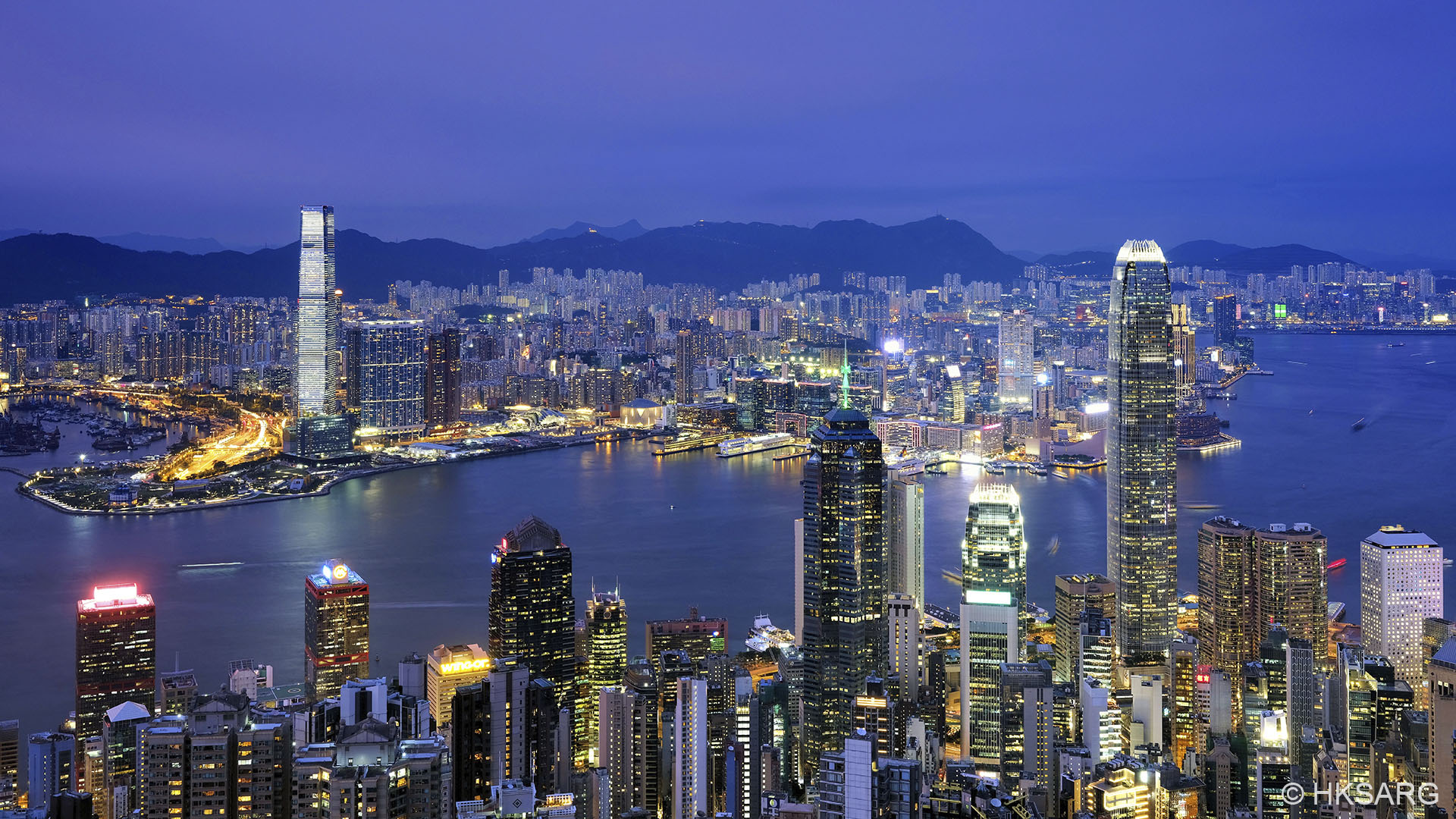
- Hong Kong ranks No.2 in Asia and No.8 globally for judicial independence according to the World Economic Forum’s Global Competitiveness Report 2019, and its legal system is overseen by a judiciary comprising local and international judges who are widely regarded as independent, professional and efficient. By choosing Hong Kong as the preferred seat of arbitration, international parties may enjoy the benefits of an independent and neutral forum.
- Arbitral Awards made in Hong Kong are enforceable in more than 150 foreign jurisdictions (including Russia) through the New York Convention. The recognition and enforcement of Hong Kong arbitral awards in Mainland China and vice versa is governed by the Arrangement Concerning Mutual Enforcement of Arbitral Awards between the Mainland and the Hong Kong Special Administrative Region11.
- Further, after the commencement of the Arrangement Concerning Mutual Assistance in Court-ordered Interim Measures in Aid of Arbitral Proceedings by the Courts of the Mainland and of the Hong Kong Special Administrative Region on 2 April 2019, parties to arbitral proceedings in Hong Kong, before the arbitral award is made, can make an application for interim measure to the Chinese courts, including property preservation, evidence preservation and conduct preservation. Hong Kong is the only jurisdiction which has signed an arrangement with China on interim measures in aid of arbitral proceedings. This provides investors, including Russian and Chinese firms, opting Hong Kong as the seat of the arbitration with a wider array of options to protect their interests.
Why Hong Kong Law
- Pertinent to the above, it is revealed from RAA’s survey that English law is the most popular choice among Russian users as the governing law of their contracts.12 Hong Kong law is by and large premised upon English law with striking similarities, i.e. familiar to Russian users. Therefore, for those who no longer want to choose English law as the governing law of their contracts, Hong Kong law seems to be a natural choice for replacement.
Disclaimer
The above contents by no means constitute any legal advice or recommendation by LT Lawyers. Please contact KM Liew at LT Lawyers if you have any inquiries about this article. You should seek professional advice before taking any action in relation to the matters dealt with in this article.
Copyright
If reprint of the above contents or any part thereof is desired, please specify at the forefront of any and all such reprint the source of such contents, namely “LT LAWYERS”.
——————————————————
Footnotes:
[1] One of which is in association with a western firm (Dentons), and has indicated an intent to cease the association’s practice in Russia.
[2] It is noted that, in September 2012, CIETAC established its first sub-commission outside Mainland China, namely, CIETAC Hong Kong Arbitration Centre (“CIETAC HK”). In comparison with those administered by CIETAC and other Chinese domestic arbitration institutions, CIETAC HK administered cases boast distinctive features, such as (1) unless parties agree otherwise, for arbitrations administered by CIETAC HK, the place of arbitrations shall be Hong Kong, thereby enjoying the benefits of Hong Kong-seated arbitrations (see “Why Hong Kong Arbitration” section below); and (2) special provisions under CIETAC Arbitration Rules (Chapter VI) will be applied to arbitrations administered by CIETAC HK.
[3] Following the Russian arbitration reform in September 2016, institutional arbitrations seated in Russia and arbitrations concerning the followings types of corporate disputes in respect of Russian companies can only be submitted to a PDAU:
(1) disputes concerning the ownership of stocks, shares in the charter capital of business companies and partnerships, share contributions by the members of production cooperatives, their encumbrance and the exercise of rights, arising from them, such as disputes arising out of share purchase agreements;
(2) disputes arising from agreements between the participants of a legal entity concerning the management of that legal entity including disputes arising from corporate agreements, such as disputes arising out of shareholders’ agreements; and
(3) disputes arising from the activities of registrars of placement owners, regarding the registration of rights to stocks and other securities, the exercise of their rights and discharge of other obligations, provided by Russian federal law in connection with the distribution and (or) circulation of securities, by the registrar of placement owners.
Under Russian federal law, certain other corporate disputes such as derivative claims may only be administered by institutions with PDAU status and special rules for corporate disputes.
[4] The ICC Court of Arbitration administers the resolution of disputes by arbitral tribunals. It is assisted in its works by the Secretariat of the Court (comprising 8 case management teams, including one in Hong Kong). Both the Court and the headquarters of the Secretariat are based in Paris. This means that all important matters concerning cases from certain regions (e.g. whether ICC can administer cases involving parties from Russia or whether ICC can accept payments from Russian parties) will be reported to Paris and dealt with in accordance with the directions from Paris. As previously mentioned, France, as a member state of the European Union, has imposed sanctions against Russia and been categorised by Russia as one of the “unfriendly countries”.
[5] On 5 March 2022, Singapore announced sanctions against Russia. Subsequently, on 7 March 2022, Russia categorised Singapore, alongside European Union member countries, as “unfriendly countries”.
[6] Austria as part of the European Union has imposed sanctions against Russia.
[7] The Swedish government maintains the stance of supporting Ukraine and sanctions against Russia. It was reported on 11 April 2022 that Russia has warned Finland and Sweden against joining NATO (North Atlantic Treaty Organisation), an intergovernmental military alliance.
[8] The United Kingdom is one of the founding members of NATO and has been one of the stronger allies of the United States in NATO’s initiative against Russia’s operations in Ukraine. It was reported on 16 April 2022 that Russia has banned Britain’s Prime Minister Boris Johnson and other senior ministers from entering Russia over the United Kingdom’s “hostile” stance on the war in Ukraine.
[9] See footnote 2 above, which explains that CIETAC HK is to an extent distinctive of its PRC counterparts. That notwithstanding, CIETAC HK is optics-wise an extension of CIETAC (Mainland China) and therefore the Russian party to a Sino-Russian commercial contract may well be wary of the associated risk of giving its Chinese counterpart unfair home field advantage.
[10] See footnote 4 above. The Hong Kong Secretariat of the ICC International Court of Arbitration is under the auspices of its headquarters in France.
[11] The Arrangement was entered into force on 1 February 2000. On 27 November 2020, Mainland China and Hong Kong signed the supplement arrangement concerning mutual enforcement of arbitral awards.
[12] According to the RAA, English law and Singaporean law possess the 1st and 4th position respectively among the preferred substantive laws.

